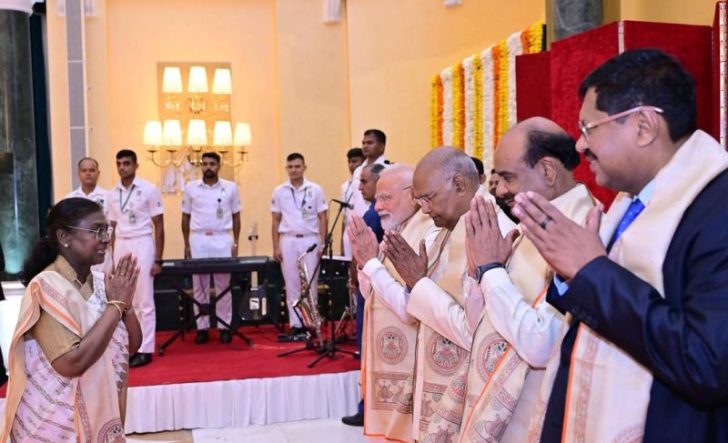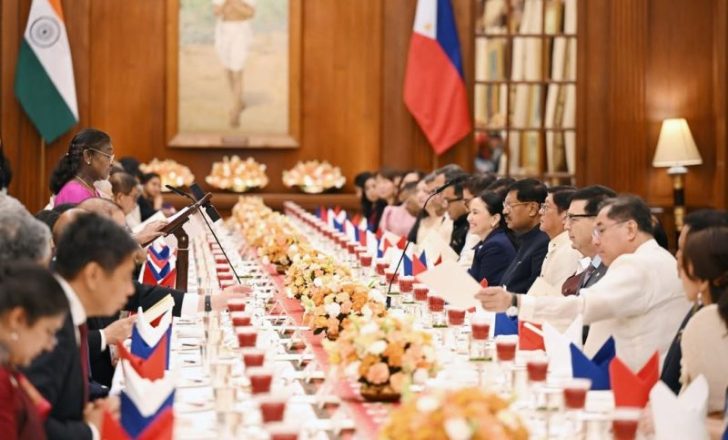Underscoring India’s push for technological sovereignty, President Droupadi Murmu has declared that achieving independence in the production of rare earth elements (REEs) is fundamental to the nation’s security and its aspiration to become a developed economy.
Delivering her remarks at the National Geoscience Awards 2024 held at the Rashtrapati Bhavan Cultural Center, the 67-year-old President described technological independence as the foundation of India’s path toward becoming a developed nation.
Why Rare Earths Matter
“Considering the current geopolitical situation, India must become self-reliant in rare earth production,” Murmu stated. Her appeal for Atmanirbharta comes as nations reassess their dependence on China, which continues to dominate global REE exports.

President of India / IG / President Murmu highlighted that rare earths are central to modern life—fueling smartphones, electric vehicles, renewable energy systems, and advanced defense technologies.
Control over REE supply, she added, is no longer a purely economic matter—it’s a strategic necessity.
The Real Challenge Is Technology, Not Scarcity
A key point in President Murmu's address was her clarification on the term "rare" earth. She explained that these 17 metallic elements are not inherently scarce in nature. "REEs are considered rare, not because they are scarce. But because the process of refining them and making them usable is extremely complex," she noted.
This complexity lies in the sophisticated technology required to identify deposits and, more critically, to process the raw minerals into the high-purity, usable forms needed for manufacturing. India possesses the world's fifth-largest reserves of rare-earth elements, estimated at 8.52 million tonnes. However, it contributes to less than 1% of global rare-earth mining.
The President argued that bridging this gap through "developing indigenous technology" would constitute a "major contribution to the national interest".

President of India / IG / The President's vision for India's mineral sector extends beyond mere production. She acknowledged that "mining provides resources for economic development and creates huge employment opportunities."
But it also has "numerous adverse effects," including displacement, deforestation, and pollution.
She commended the Ministry of Mines for promoting AI, machine learning, and drone-based surveys and for focusing on the "recovery of valuable elements from mine tailings" to reduce waste and add value.
Plus, she urged geoscientists to explore the "reserves of many valuable minerals" in the depths of the oceans surrounding India, calling for technologies that harness these resources while "minimizing damage to marine biodiversity".
However, expanding the role of the geoscientific community, President Murmu appealed for enhanced research into natural disasters. Referring to the heavy damage caused by recent cloudbursts and landslides, she urged scientists to "pay more attention to the research of natural calamities like flood, landslide, earthquake, and tsunami".
Recognizing Scientific Excellence
The occasion was the presentation of the National Geoscience Awards 2024, which are among the country's oldest and most prestigious honors in the field of geosciences, instituted by the Ministry of Mines in 1966. This year, 20 eminent geoscientists were honored with 12 awards.
The Lifetime Achievement Award was conferred upon Prof. Shyam Sundar Rai for his pioneering contributions to Solid Earth and Exploration Geophysics. The National Young Geoscientist Award was presented to Susobhan Neogi for his work on the tectonic evolution of mobile and thrust belts in Meghalaya and Jharkhand.



